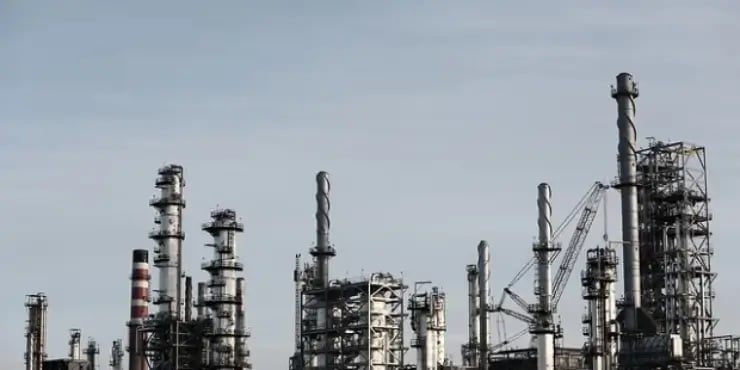The importance of resource efficiency within industry has gained significant traction in recent years, and is now firmly established as an effective means of cost reduction for manufacturing companies of all sizes. This focus has been driven by a number of factors including the rising cost of energy and raw materials, market volatility, declines in resource availability/accessibility, and external regulation pressures. The ability to simultaneously reduce processing costs and reduce environmental impact has allowed resource efficiency to act as key bridge between business operators and environmental policymakers. From an economic and environmental perspective, it’s a win-win situation.
Why resource efficiency is important but still poorly established
Despite a wider consensus on why resource efficiency is important, effective methods of optimisation are still poorly established. There are a number of analytical process techniques which are suitable for use in the chemical industry (including material flow networks, flow sheet simulation, material-flow cost accounting, heat integration and life-cycle analysis); however the isolated use of any of these presents significant drawbacks. Effective action requires not only process scalability and full supply-chain analysis, but also method integration combining aspects of process and chemical engineering, operations research, environmental assessment and managerial accounting. Such systematic approaches are currently rare, primarily due to a lack of platforms available to do so.
InReff — tackling both cost reduction and carbon emissions within the chemical industry
Recognition of this need for more established integrative methods was the basis for the design of InReff (Integrated Resource Efficiency Analysis for Reducing Climate Impacts in the Chemical Industry)—an interdisciplinary project created and partly funded by the German Federal Ministry of Education and Research (BMBF), featuring the collaboration of three chemical industry producers, an IT software-based company, and two academic partners based in thermal and chemical engineering. The overall aim of InReff is to develop an integrated IT-based support platform which companies (primarily aimed at small and medium-sized enterprises; SMEs) can utilise to optimise resource efficiency — tackling both cost reduction and carbon emissions within the chemical industry.
How to capture the complexity of chemical processes
Traditional resource efficiency enhancement methods typically involve the use of material and energy flow analysis (MEFA). In simple terms, this involves an average measurement of material and energy inputs and outputs of a system over a given period of time; calculating the balance of inputs and outputs in each process allows a business to identify their largest waste streams. MEFA methods prove effective for broad, high-level identification of whole-process inefficiencies. However, the black box approach is insufficient at capturing the complexity of chemical processes including non-linear transitions, material loops and recycling, and design-level thermodynamic specifications. The integration of higher resolution, process specific causalities to coarse-grained MEFA methods forms the basis of the InReff integrative techniques.





